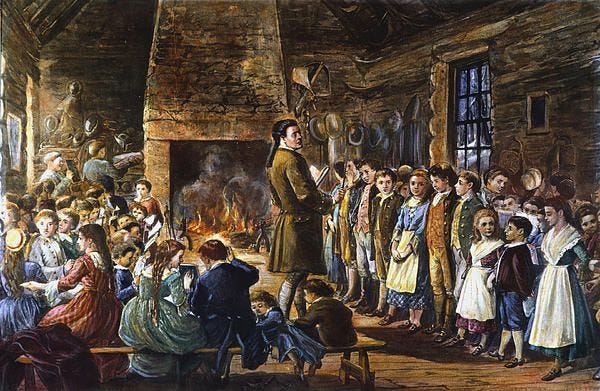
The problem we’re having, <my name>, is everyone we’re interviewing are useless little shits. - A client, recently
Mostly for “Americans of a certain age,” which means the opposite of what it usually does, but I suspect this topic is becoming increasingly accessible to most Gutterballs in “the West.”
Painfully mainstream publications have been writing about the “adulting crisis” for some time now. If you’re fortunate enough to have forgotten that cringeworthy word, “adulting” is a clever term some Millennial came up with at a time when the word “Millennial” was spooged all over everything online and at the height of a job at a marketing agency I had to work the word “Millennial” into copy at least once every three words for SEO purposes. It refers to the problem, then identified as a Millennial problem, of people reaching adulthood with a shocking dearth of practical skills of any kind: making their own beds, managing their credit, cooking their own food, and so forth.
The problem hasn’t gone away, but as Buzzfeed and its many contemptible imitators and offspring have all been eaten by Skynet, popular media has largely stopped talking about it. Working in B2B spheres, though, I never really stop hearing about it.
I can say plenty about why so many people are useless little shits nowadays, but it’s nothing extremely insightful and doesn’t offer any solutions in itself. I’d rather focus on a solution: a helpful compilation of concrete life skills that people who give a crap can strive for or encourage young people in their lives to acquire.
Working all night with a team of tapirs I’ve assembled the following list, and will probably add to it in the future as things occur to me. Feel free to suggest expansions. Ideally, this will be a living document of sorts.
My criteria are 1) things that EVERYONE should and can know by the age of 21, regardless of sex, social class, and assuming at least average physical and mental ability, and 2) nothing I don’t know myself or aren’t in an ongoing process of remediating (I discovered recently I more or less forgot how to sew at some point).
First Aid
Everyone should be capable of acting as a first responder in at least a basic capacity until emergency services arrive, because in many places “until emergency services arrive” means “never” or “after Lakeesha’s break.”
How and when to administer an improvised wound dressing/bandage or tourniquet as needed.
How to recognize opioid overdose and administer Narcan (and carry some).
When and how to deliver the Heimlich Maneuver on a conscious choking victim and maintain airways in an unconscious one.
When and how to deliver CPR.
Know how to recognize and treat shock in the absence of medical professionals.
Extra credit: How to use a “civilian” emergency defibrillator you might find in a public space.
Emergencies
How to assess when an emergency is actually happening and contact appropriate emergency services (police, etc.).
How to use a fire extinguisher.
The appropriate response if a fire is too serious to extinguish oneself (i.e., how to exit a space, avoid smoke inhalation/burns, etc.)
How to assist others, especially the less able (elderly, children, handicapped, etc.) in an emergency situation.
How to prepare for an emergency, i.e. assembling in advance an emergency kit including supplies and provisions as well as other materials important if power, water, or travel becomes impeded.
What to do and not do during an earthquake.
Know the basics of how to swim, at least sufficiently to prevent drowning.
Housekeeping
How to wash, dry, and fold laundry.
How to make a bed.
How to cook a basic meal from raw ingredients for breakfast, lunch, and dinner. Sandwiches and prepared meals don’t count.
If accessible, know where the circuit breakers are in your home, what they do, and how to use them.
Ditto water valves.
Ditto gas or oil shutoffs, if you have them where you live.
Know basic methods of how to unclog a toilet (i.e., a plunger and snake) and sink.
Own and know how to use a set of basic tools for home repairs (screwdrivers, wrenches, etc.)
Know how to clean common stains on surfaces and on clothing where possible.
Extra credit: understand basic sewing skills such as sewing on a button or effecting a small patch or mend on clothing.
Car Stuff (even if you don’t own one)
Know how to read a paper map or atlas (or other “still” map other than a GPS navigation device), and know how to determine north, south, east, and west relative to your present location. Be able to describe and navigate yourself using these kinds of directions.
Know how to change a tire and jump-start a dead battery. Not at the same time.
Extra credit: How to change the oil and filter on an ICE passenger vehicle.
Know how to exit a sinking or burning vehicle or one that has otherwise become hazardous.
Know what to do if you’re in an auto accident, as a driver or passenger (i.e., exchanging insurance information, police report, road safety, etc.).
Extra credit: know how to drive. I know not everyone absolutely requires this skill nowadays, but most people still do, and as with Gun Stuff (below), it’s valuable to demystify the usage of big, powerful pieces of equipment that are part of everyday life. Plus. you never know.
Gun Stuff (where accessible)
Hold, load, and fire the entire magazine/load of a gun at least once in your life. Even if you never shoot one again and hate guns for all your days, you will be aware of what they are, how they actually work, and that they are not magical or mysterious.
Know how to “make a gun safe,” i.e., unload it. (Yes, I know, they’re never safe, shut up.)
Know the firearm laws of your country/territory.
Communication
Know the English/<your language here> parts of speech and be able to diagram a sentence. Yes, everyone, even people who aren’t English majors or professional writers.
Be able to write and speak a full sentence (in English, subject + object + verb/ sometimes subject + verb).
Be able to handwrite in upper and lowercase letters.
Extra Credit: Be able to handwrite in cursive.
Know the structure of a business or formal letter/email.
Be able to present a complex idea verbally/in writing (i.e., give a presentation or short speech or make a report), even if you are not “in business.”
Understand the implications of communicating online: that everything is potentially searchable and findable and that your online communications are effectively permanent. Understand how to protect your privacy and how to respect the privacy of others.
Be able to express nuanced or complex ideas on digital channels without using emojis, memes, or images.
Your Body, Your Problem
Know what macronutrients are, what kinds of foods have them, and how to balance your diet accordingly. Know how weight is gained and lost and the consequences of obesity.
Know how babies get made. From start to finish, including understanding female menstruation and the effects/course of puberty for both sexes.
Know how common STIs are contracted and treated.
Know how to prevent STIs and unwanted pregnancy.
If female (or either-sex parent of a female child), know how to deal with health and hygiene related to menstruation. If male (or either-sex parent of a male child), understand proper hygiene for male genitalia.
When sexually active, have protection for preventing STIs or unwanted pregnancy.
Extra Credit: Know how to deliver a baby. People managed this for thousands of years and only died sometimes. I would really love to deliver a baby in the back of a taxi or pickup before I die. Doing it afterwards would be strange.
Self Defense
Know how to throw an effective punch or kick.
Know how to escape a basic hold.
Know how to recognize and verbally de-escalate a potential physical conflict.
Know how to execute a simple self defense strategy (defend, strike, escape) in a typical “on the street” self-defense scenario (not “combat”).
Extra Credit: Know what it feels like to be punched in the face not extremely hard. Another thing that is very valuable to demystify.
Basic Fucking Manners
Know how to communicate a polite request in speech or writing, e.g. “Can you please not be a fucking moron?" “May I have another lap dance?” “May I be excused from this shit-awful performance of Oklahoma or average performance of South Pacific?”
Know the fundamental two-sided polite verbal rituals of English/<your language> and use them when interacting with others: please/thank you, thank you/you’re welcome, nice to meet you/it was a pleasure to meet you, good morning/goodbye.
Know how to give a handshake. Know when to give a handshake.
Know how to communicate complaints or objections using polite/civil language, e.g. “Can you please do that more quietly?” or “Can you please take that dead possum outside?” or “Can you please leave some cocaine for other people at the party?”
Know how and when to express gratitude in person and in writing (i.e., thank you notes).
Know the appropriate social situations in which to offer a gift.
Know what sorts of statements or comments are nearly always considered offensive, provocative, or rude in your culture.
Know the appropriate and expected dress for specific social situations such as weddings, funerals, job interviews, public appearances, or holmgangen.
Courtin’
Know how to ask someone you’re attracted to on a date, and know how to politely accept or refuse.
Know when and how to request and explicitly and unambiguously give or refuse consent.
Know how to set appropriate boundaries and clearly and explicitly express them in an intimate situation. Know what your own preferences and boundaries are BEFORE entering an intimate situation.
Be responsible for your own protection against STIs or unwanted pregnancy.
Math and Money
Be able to add, subtract, multiply, and divide up to 2-digit numbers in your head and any size numbers on paper WITHOUT a device.
Be able to use arithmetic operations on amounts of money- e.g., calculate the percentage of a sale price, calculate the interest on a credit card balance. Be able to calculate your salary or wage earnings over a week, month, and year.
Be able to use arithmetic operations on distances of time and space- i.e., calculate the duration and length of a trip, how many hours or days a week/month/year you do something, etc.
Know how much money you have in all your various assets and accurately estimate your weekly and monthly expenses. This includes knowing the amounts of any debts you hold and payments you are responsible for.
Know how to estimate weights and measures in everyday life; develop a reasonably accurate “feel” for distances (“I live about a mile from the train station”), weights (a pound of beef), and speeds (the Komodo dragon was running out of the strip club at about 20 mph).
Citizenship
Know your country’s system of government. Know the names of the branches of government and the titles of people in them. Know who the chief executives of those are.
Know where all the major territories (e.g. states, etc.) of your country are. Know the capital of your country and territory within it.
Know at least the names of all countries immediately bordering your own and their capitals.
Know who your local executive (mayor, etc.) is.
Know your country’s constitution. You do not have to memorize it, but know what is outlined, especially what rights are specifically detailed in it.
Know the main events of your country’s history: its founding or independence, significant wars, and important figures from its history, both good and bad.
Know how your country compares to nations of similar size and level of development in terms of its freedoms, quality of life, etc.
Know the basics of all the tax structures you are subject to and about how much they normally cost you.
Know what powers the police have (and don’t have) in your country/territory and what rights you have in interacting with the police. Know how to interact safely and appropriately with the police.
Be a legal citizen of the country you live in. If you aren’t already, follow the process for doing so.
Nature
Know the poisonous or otherwise hazardous plants and animals found in your area. Know what their effects are and any remedies.
Know how to appropriately handle any unexpected encounters with uncontrolled animals, such as stray pets, bears, snakes, or livestock.
Know the bare essentials of short-term wilderness survival: how to prevent exposure, avoid unsafe food/water sources, and navigate a route (i.e. move towards a point and not go in circles).
Extra credit: Know how to prepare an emergency shelter and start a fire with improvised materials.
Are you all fired up because I overlooked something? Let me know in the comments, and I’ll be very happy to expand the list. This is for posterity and shit. I will eventually add links to helpful resources to actually learn this stuff, for people that need it. Feel free to help with that, too.
If you don’t know how to do all the things on this list, don’t be embarrassed. Well, okay, be mildly embarrassed, but use it as a motivation to correct this deficiency. If you know someone who doesn’t have these kinds of skills who really should by their age, help them. If you’re a parent, take responsibility for your children reaching adulthood with these skills. Do not assume that any external systems exist any longer to teach them.





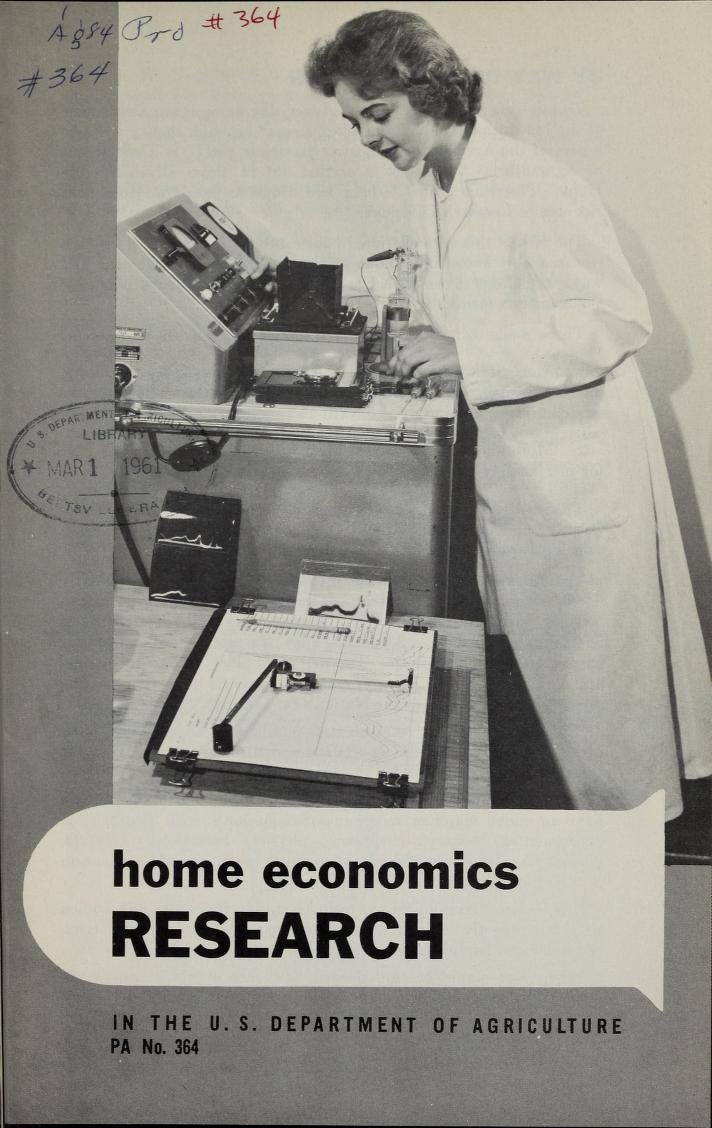
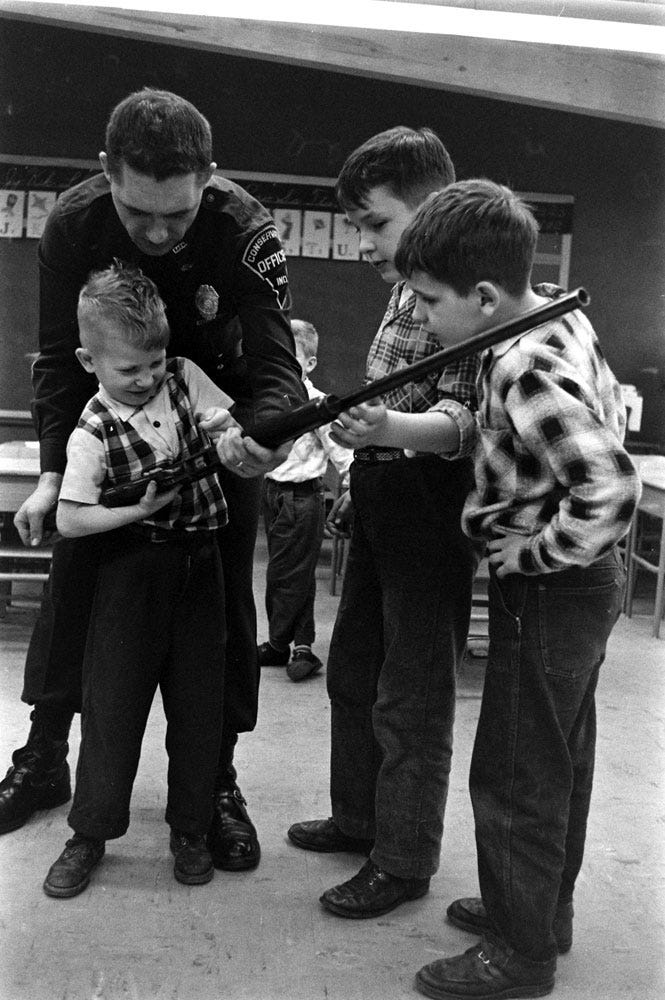

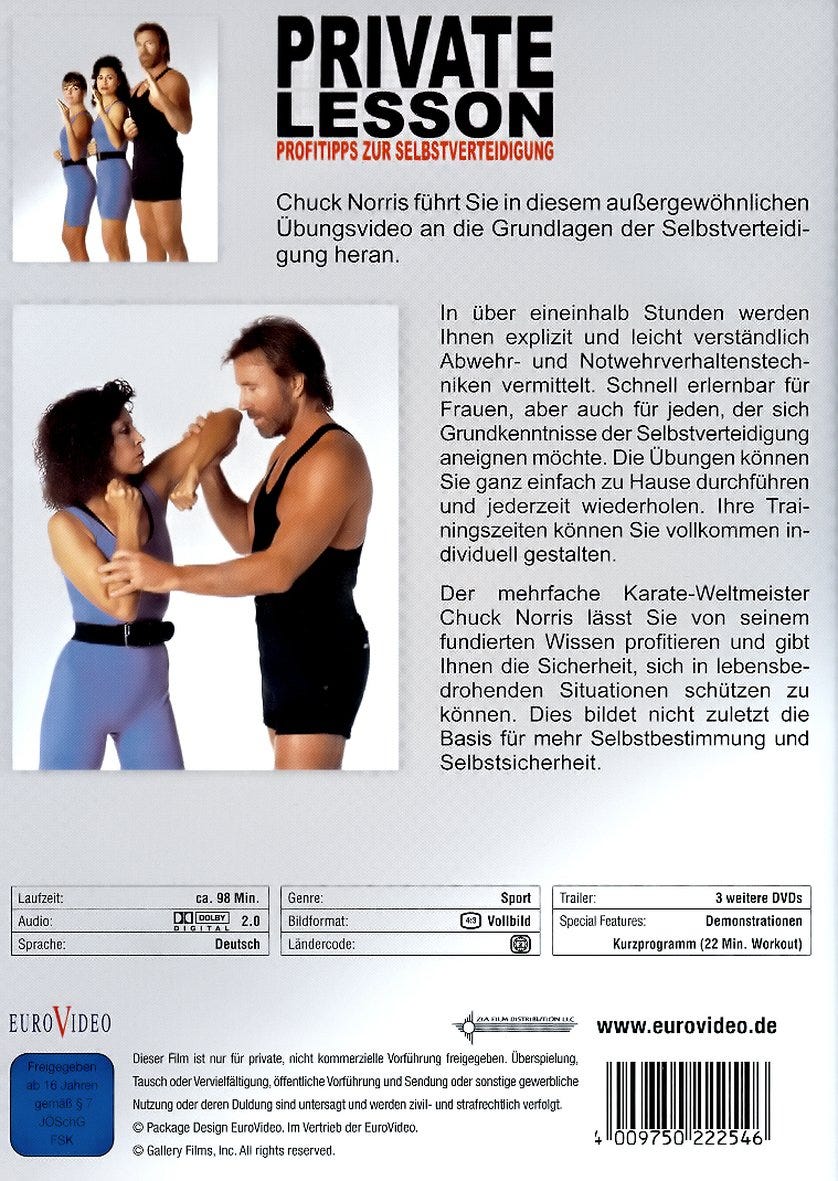
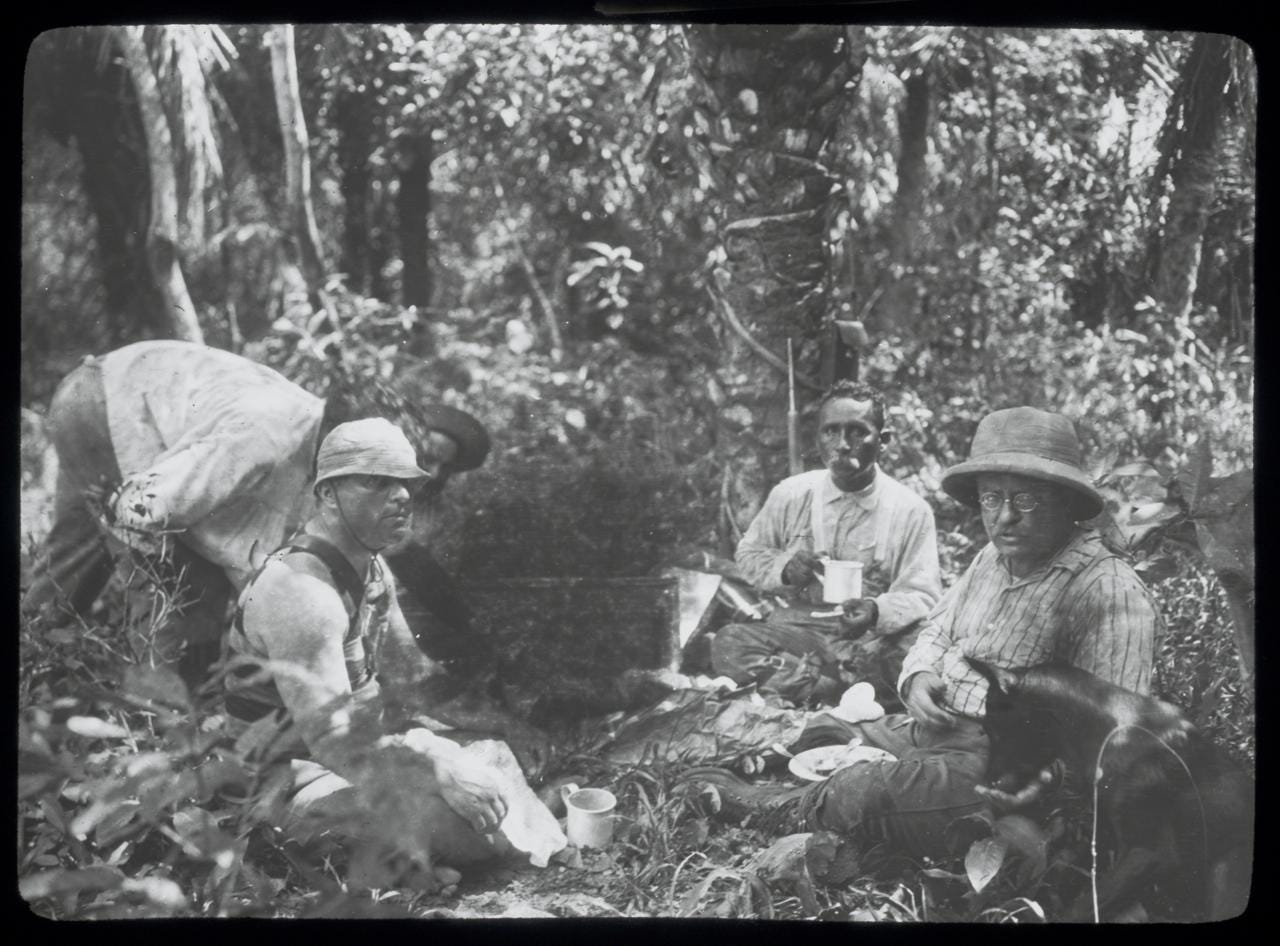
I would add knowing how to grow food, or basic botany. I’m homeschooling my 11&8 yo boys and we have a similar list. My goal was that by they are 12, they know how to grow basic vegetables, raise a chick/turkey to maturity, slaughter it, and cook an entire meal (including side dishes) using that bird. My 11yo is nearly there (still needs help slaughtering), but they helped me cull our rabbits and I feel pretty confident they know how to do all of the above with it.
I’m a retired RN who left Chicago almost 6 yrs ago and I’ve learned all of these things myself, so they are benefiting watching me learn from mistakes. I’m also taking a deep dive into anatomy (it helps when we cull various animals) and will be teaching them the basics of starting an IV, using tourniquets, and dressing wounds. I’m also teaching them how to use basic woodworking tools (I’m teaching my husband as well ☺️). When I started this homeschooling journey I looked to fill the many holes I had in my public school education. I feel the practical education is getting much worse! What a shame. This is a good list..oh, and a can opener. You’d be surprised how many kids don’t know how to use one.
Solid list, comrade. The fact that many adults don't know most of these items is an indictment of our failing public education system. Homeschooling is the future - here is a curriculum that maps into your post: https://yuribezmenov.substack.com/p/how-to-homeschool-your-kids